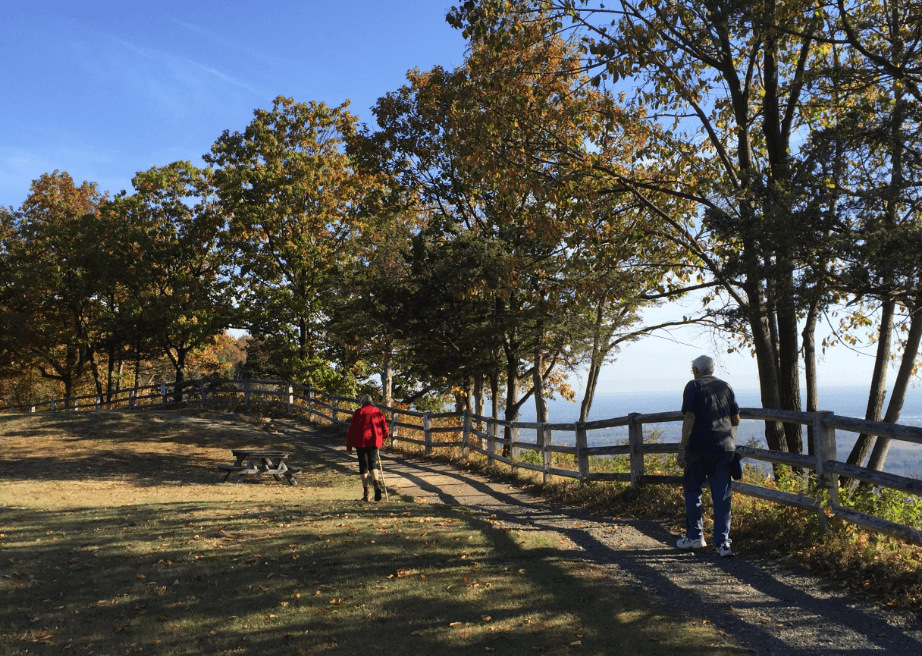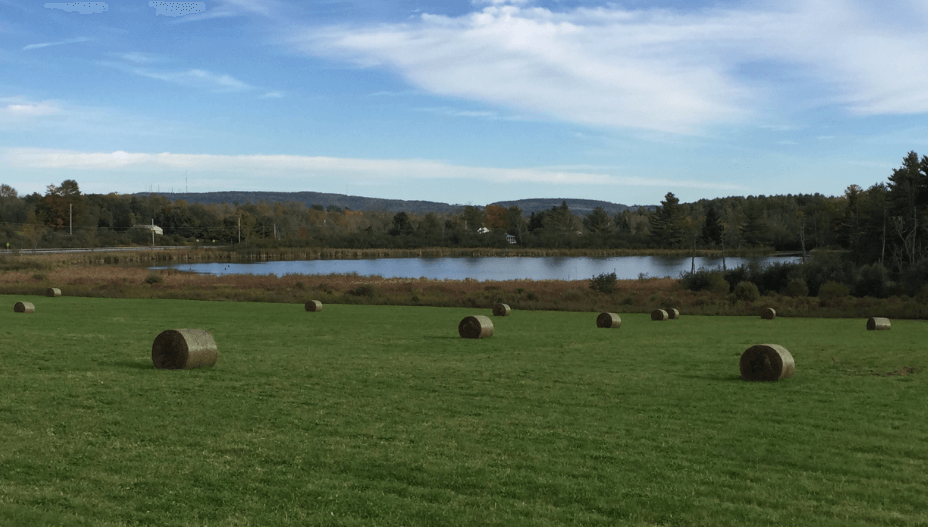When Suffering Is A Good Thing (Newsletter 047)

Greetings friends.
I spent several days recently in the company of a couple thousand certifiably crazy people. Each of them in fact had to compete hard to get here, demonstrating that their madness was not one-off or temporary. Coming together from 80 countries all over the world, these are some of the most committed maniacs you will find anywhere.
I'm talking about the IronMan World Championships, held this May in St. George, Utah. The first time the championship has ever been held outside Hawaii. The first in-person IronMan championship to occur since 2019. Being around town these days, the air has been thick with the sense of nervous excitement, gigawatts of pent-up energy, and history in the making.
The numbers are simple to write. Unless you've had direct experience, though, they're just about impossible to grasp: swim 3.9 kilometers, bike 180 kilometers, and then run 42.2 kilometers, a full marathon. Any one of these would be an outrageous accomplishment for most of us. These loonies do them all in one day, as fast as they can force their aching limbs. Rule #1 from the Run Course Rules is still haunting me, and I quote exactly: "Athletes may run, walk, or crawl."
When I think about it, though, as mental as today's race heroics are, what takes place before race day is even more impressive. Every one of the 3,500 competitors qualified to get here, meaning they participated in at least one IronMan before this, often many more than one. "Okay, so what," you ask? To which I respond "Do you know how much work it takes to prepare for an IronMan?"
I asked a couple friends who are here racing what an average week looks like: an hour or two of training every work day (yes they work, big jobs), perhaps a swim in the morning and a run at lunch. The weekends are when they put real time in, getting five or six hours on the bike. There is time for nothing else. No TV, no hobbies, no sitting around with their feet up like the rest of us do for hours a day.
When they do rest, it's active rest, with sleep and recovery built into their program. What little time remains of their waking hours they devote to their families. As one said to me, "You don't get to say to your spouse after a six hour bike ride 'I'm tired,' and sit on the couch. You get up and do something with the kids."
"You train every day," I asked? "Pretty much," they said with a sheepish grin, perhaps recognizing that this is far from normal. "Well, I take a day off every now and then." I'm not sure I believe them, about the day off I mean.
It is tempting to tell ourselves that superb athletes have genetic gifts. That they are stronger and faster because of the composition of their muscles and the oxygen processing capacity of their hearts and lungs. Of course the very best athletes are gifted. But it is grossly unfair to dismiss so lightly how long and hard they train to perform as they do.
The IronMan competitor is a virtuoso sufferer. Day after day, they push themselves to perform. The training itself is thus a monumental feat of endurance dwarfing their 10 or 12 or 15 hours of suffering on race day. "When are you going to get to the good part," some of you are wondering? "You are supposed to tell us why suffering is a good thing, right?"
Here is the virtue in suffering: when you not only suffer, but persevere despite your suffering, you build an unshakable confidence in yourself and your abilities. This, I believe, contributes greatly to your overall sucess and happiness in life. I explore this topic in my ACC Docket article this week: 5 Things I Learned About Quitting from 20 Years of Running.

If runners are a great group of people, the triathletes I met in Utah came across as a wonderfully diverse cross section of humanity, showing all ages, colors, and sizes (although tending towards lean and fit, I admit). But they all share several characteristics in common: kindness, determination, and confidence.
The kindness you see and feel in every interaction before the race. Smiling, laughing, joking, and just plain behaving nicely to each other and everyone around them. Despite being crazy, you will not find a better group of people anywhere than triathletes on race week.
The determination I saw in the eyes of every biker toiling uphill at the 60K mark. It was already hot out and the sun beat down. Sweat beaded liberally on every brow, and although they were nearer to the start than the finish, you could tell there was a lot of hard work in those legs already. But face after face looked forward, and not in fear. Somehow you knew that they knew they were going to make it.
And to my surprise, most of them took time to smile and wave at the spectators. They said "Thanks!" and "You guys are great," and thanked us for being there cheering them on. All we had to do was stand around clapping and waving, and here they are showing us appreciation. I'm impressed.
Most of us spend a lot of time looking for ways to make our lives easier and more comfortable. I get it. Life is hard, and anything we can do to make it run a little smoother is welcome. For me, the IronMan is a vivid reminder that overcoming challenges is one of the things that gives life meaning. Sometimes, we do ourselves a bigger service by making our lives harder, if only for a while.
When we strive and struggle, when we push beyond our comfort zones, we learn what we can do. And we can do so much more than we think. In contrast, we do not learn any useful limits sitting on our couches. Does this mean we have to train for an IronMan to be happy and successful? Not at all. But take these athletes' examples as a reminder that we become greater when we test ourselves.
And if you need further reinforcement, here's another reason to proactively adopt the athletes' mindset. Chances are good we are going to suffer at some point. No matter how we seek to manage our lives, we will be afflicted by bad luck and misfortune. If you believe that your suffering and trials are an opportunity to show your strength and overcome, you are more likely to emerge from your ordeals, and emerge stronger.
And that is why I say sometimes suffering is a good thing.
There is one activity virtually guaranteed to make you suffer, and that is plane travel. In this week's Paradise Found installment, Going Nowhere Fast, we discuss why suffering when flying is all but certain. I admit to struggling to remain philosophical in my outlook.

I joke in the prior article that air travel can make us wish for a quick death, but it is of course just a joke. In Moral Letter 093 On The Length Of Life, we explore why yearning for a long life can make us miserable. If fulfilment is our goal, there are other, more reliable ways to attain a good life than by seeking merely to make it longer.

In Moral Letter 094 On Precepts (Sayings), we explore how people go about trying to help themselves. Is it a quick fix we're after, or do we want a lasting cure? What if the lasting cure requires hard work and, yes, perhaps some suffering?

To end on an optimistic note, although the hard path is a reliable path, there is value in all the little things we can do to help us along the way. The sayings and maxims of philosophers fall in this category. Every tool and reminder we employ in our favor speeds us that much more easily to our destination.
Be well.







Member discussion